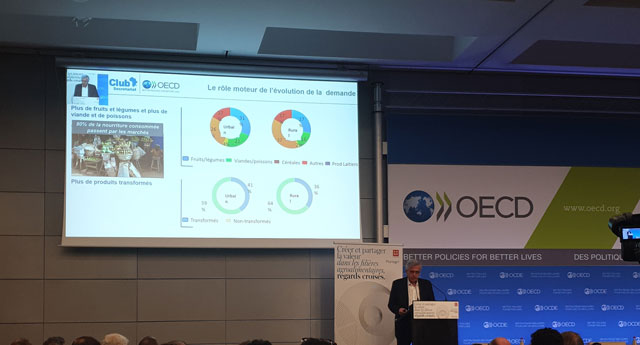The European water vole tunnels into the soil, where it reproduces and feeds on plant roots. Populations have reached levels which have resulted in significant losses for farmers. Population density could reach 500 per hectare, each consuming 80% of their bodyweight in plants per day. In the absence of predators, preventive measures are based on capture and the use of bromadiolone, which has negative effects on fauna and the environment. Voles use scenting to inform other voles about their physiological condition. Researchers from INRA, the Institute Pasteur de Lille and ALLICE have recently identified the chemical signals emitted by the two sexes from urine and abdominal glands. Their results, published in Scientific reports on 5 December 2019, show that the compounds emitted by the urine and abdominal glands are different, and their production depends on the animal’s sex but above all, the season. This work has helped with the development of new strategies which are more respectful of the animal and the environment. INRA researchers have also had the idea to identify these molecules and their effects on animals to ultimately modify the chemical communication between males and females, preventing the voles from reproducing.
Source: INRA




